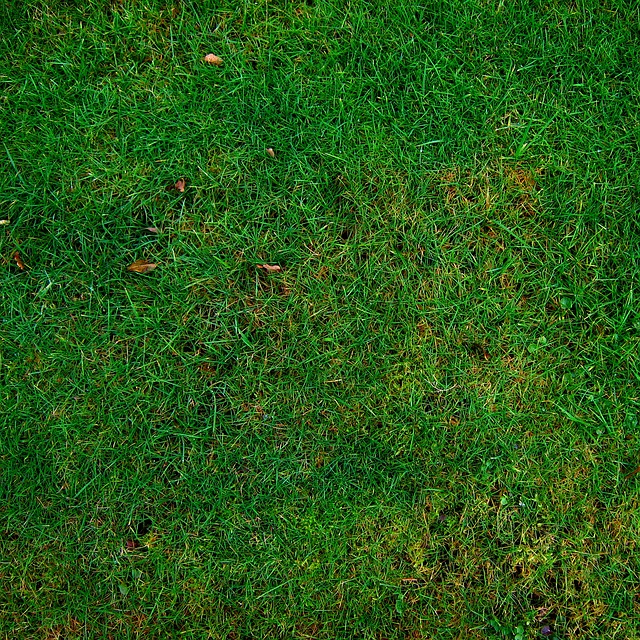Reducing yard waste through composting is an eco-friendly initiative that benefits both individuals and communities by minimizing organic materials, improving soil health, reducing landfill waste, and providing valuable resources for local agriculture. Effective yard waste removal and recycling prevents organic material from ending up in landfills, transforming them into nutrient-rich soil amendments or biogas energy sources. This sustainable practice reduces climate impact, conserves resources, and promotes a circular economy, while saving homeowners money and fostering healthier gardens.
In today’s eco-conscious world, reducing organic waste is more than just a trend—it’s a crucial step towards a sustainable future. Yard waste, in particular, contributes significantly to environmental strain if not managed properly. This article explores effective strategies for yard waste removal and recycling, focusing on both individual actions and community initiatives. We’ll delve into the environmental impact of organic waste, provide tips for yard waste reduction at home, highlight local recycling programs, and discuss how sustainable practices can be fostered through community involvement.
- Yard Waste Reduction: A Green Approach
- – Overview of organic waste impact on the environment
- – Benefits of reducing yard waste at home
Yard Waste Reduction: A Green Approach

Reducing yard waste is an eco-friendly initiative that offers multiple benefits for both individuals and communities. One effective strategy involves adopting a circular approach to gardening, where organic materials are minimized and reused. Instead of relying on traditional disposal methods like burning or landfilling, homeowners can embrace sustainable practices such as composting. By transforming kitchen scraps, lawn clippings, and garden trimmings into nutrient-rich compost, residents contribute to soil health while reducing the amount of waste sent to landfills.
The process of yard waste removal and recycling through composting not only diverts organic material from entering the environment but also provides a valuable resource for local agricultural needs. This simple yet powerful method encourages folks to think differently about their garden by-products, fostering a more sustainable lifestyle.
– Overview of organic waste impact on the environment

Organic waste, a by-product of our daily lives, has significant environmental implications if not managed properly. When organic materials like food scraps, yard trimmings, and garden waste are sent to landfills, they decompose anaerobically, leading to the production of methane, a potent greenhouse gas that contributes to climate change. Moreover, this process takes up valuable space in landfills, which are finite resources.
In addition to climate change, improper disposal of organic waste can lead to soil and water pollution. Yard Waste Removal and Recycling plays a crucial role in mitigating these issues by diverting organic materials from landfills. Through recycling and composting programs, organic waste is transformed into nutrient-rich soil amendments or biogas energy sources. This not only reduces the environmental impact but also fosters a more sustainable cycle for both homes and communities.
– Benefits of reducing yard waste at home

Reducing yard waste at home offers a multitude of benefits, both for individual households and the environment as a whole. By adopting strategies such as composting and recycling organic materials, homeowners can significantly decrease their environmental footprint. Yard waste removal and recycling not only minimizes landfill contributions but also enriches soil fertility, promoting healthier gardens and landscapes. This natural process reduces the need for synthetic fertilizers and pesticides, fostering a more sustainable and eco-friendly outdoor space.
Furthermore, yard waste reduction promotes resource conservation. Many organic materials, like leaves, grass clippings, and plant trimmings, can be repurposed as nutrient-rich mulch, thereby saving money on commercial alternatives. These practices contribute to a circular economy, where resources are reused and recycled, ensuring a more sustainable future for our planet.
By implementing simple strategies for yard waste reduction and recycling, we can significantly mitigate the environmental impact of organic waste. These green approaches not only help in preserving natural resources but also foster a healthier ecosystem. Every effort, from composting to responsible disposal, contributes to a more sustainable future, ensuring that our planet remains vibrant and thriving.
